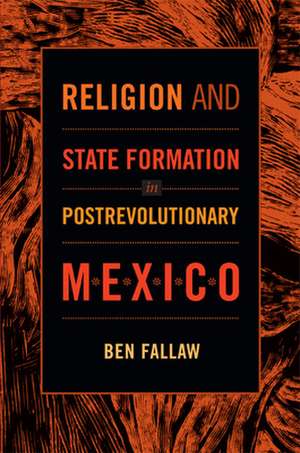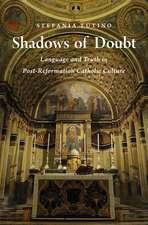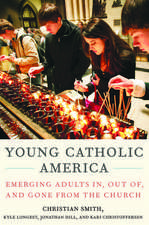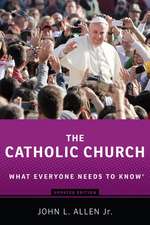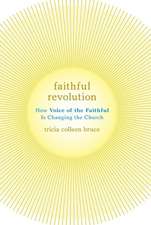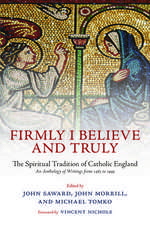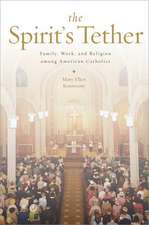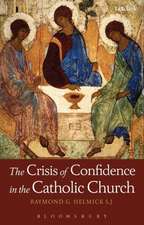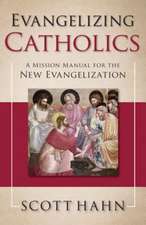Religion and State Formation in Postrevolutionary Mexico
Autor Ben Fallawen Limba Engleză Paperback – 20 ian 2013
Preț: 300.24 lei
Nou
Puncte Express: 450
Preț estimativ în valută:
57.45€ • 62.60$ • 48.41£
57.45€ • 62.60$ • 48.41£
Carte tipărită la comandă
Livrare economică 23 aprilie-07 mai
Preluare comenzi: 021 569.72.76
Specificații
ISBN-13: 9780822353379
ISBN-10: 0822353377
Pagini: 360
Dimensiuni: 156 x 235 x 28 mm
Greutate: 0.48 kg
Ediția:New.
Editura: MD – Duke University Press
ISBN-10: 0822353377
Pagini: 360
Dimensiuni: 156 x 235 x 28 mm
Greutate: 0.48 kg
Ediția:New.
Editura: MD – Duke University Press
Recenzii
Religion and State Formation in Postrevolutionary Mexico should establish itself as a key text in Mexican revolutionary history. The author has done a prodigious quantity of research and organized it expertly, producing an original and convincing analysis of a major theme: Church-state conflict in the post-revolutionary period. The issue permeated Mexican politics and its exploration opens a window onto a variety of other themes, including state building, education, land reform, gender, ethnicity, violence, and local politics and elections. Alan Knight, author of The Mexican Revolution
Cuprins
Descriere
Reshapes our understanding of agrarian reform, federal schooling, revolutionary anticlericalism, elections, and the Revolutions valorization of the Mesoamerican past
